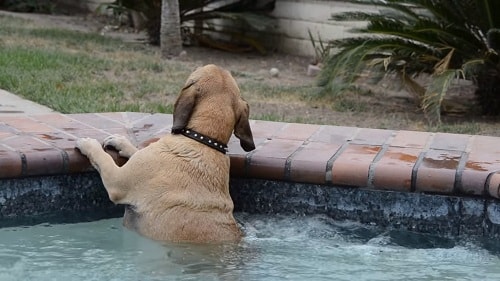Most of the time you turn on your faucet and enjoy a nice glass of clear water. Of course, water has a slight odor. This is because when it passes through the water treatment plant it is filtered and chemicals are added. One of these is chlorine which actually affects the taste and smell of water.
However, you won’t usually notice this because you are accustomed to it, that is unless you have been drinking from water coolers. Water dispensers filter the water, removing the contaminants that make them smell.

The Main Causes Of Smelly Water
There are many different types of smells you can detect in your water, the most common bad smells are rotten eggs, fish, and bleach. Naturally, you will assume that the water is contaminated and you can order a water test to establish what is in the water.
However, just because your water smells doesn’t mean that it is bad, that’s why it is essential to get a water test done and establish the issue if any.
- Rotten Eggs
Rotten eggs are a sign that there is hydrogen sulfide gas in your water. This is a common reaction when water mixes with organic materials. It can also be caused when it contacts specific minerals, pyrite is a perfect example. The gas is picked up as the water passes through rocks and organic materials.
- Musty Smells
If your water smells musty then the water has been in contact with decaying plant material. This is common in many lakes and reservoirs.
- Bleach
A bleach smell is symptomatic of excessive levels of chlorine in the water. The more concentrated it is, the greater the volume of chlorine.
- Fishy
A fishy smell is another sign that natural organic material has found its way into your water supply. It is often linked with your water coming into contact with chloramines and barium.
Dealing With Smelly Water
Having identified that you have smelly water you will want to work out where the smell is coming from. In other words, is the smelly water coming from every faucet in your home, or not?
Once you have decided this, you can run the faucets for several minutes. Then, re-evaluate it to see if the smell is still present.
If the smell is then the problem is in the water supply. But, if the smell disappears the issue is connected to your plumbing.
It is also worth checking your hot and cold water separately. If you find that only your hot water smells you probably have an issue with the magnesium rod in your water heater.
Once you know if the issue is local or not, you can contact the right people. A problem with the mains water supply tells you to contact the water board and get them to sort it. But, if you have a local issue you will want to get hold of a plumber and flush your internal systems. This will help you find the issue and eliminate it.





